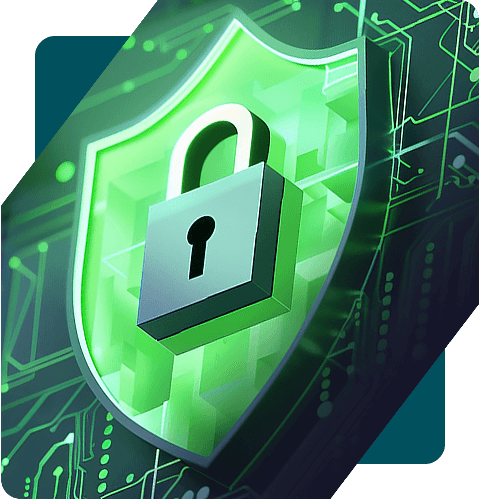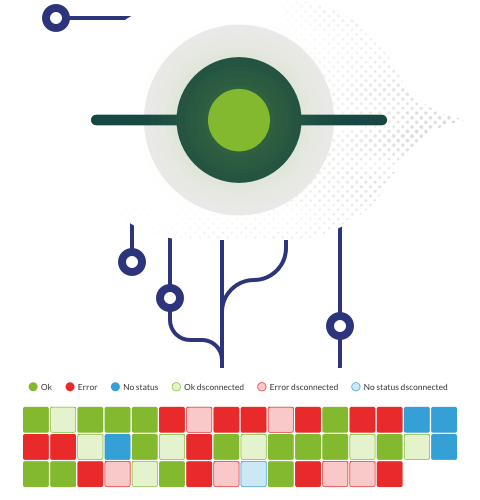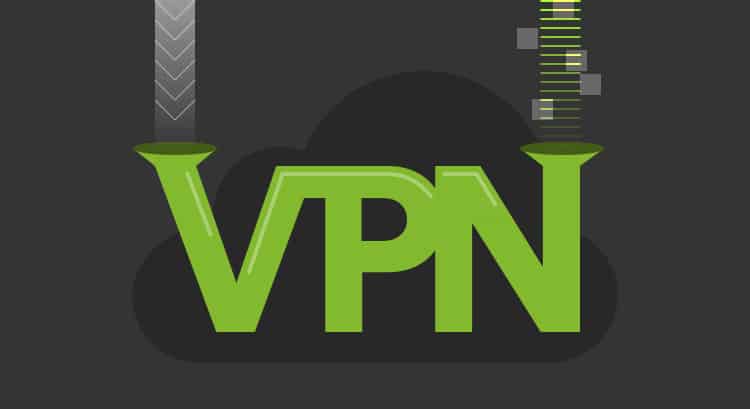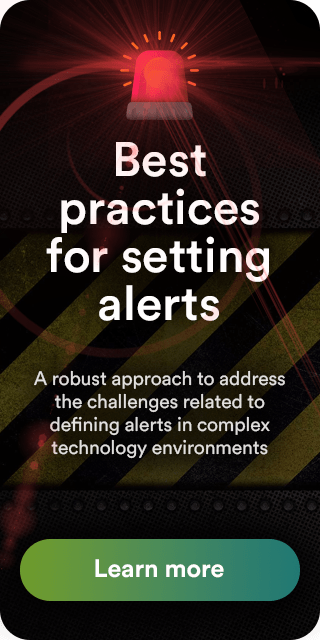What is VPN and how does it help connection security?
What is VPN? You know that in IT we absolutely love acronyms, right? Specifying and summing things up is our thing. Digital Video Disc? DVD. Central Processing Unit? CPU. Asymmetric Digital Subscriber Line? Yes, you guessed it right: ADSL. In fact, tell me a word, no matter how long… What the heck! let’s take one of the longest words, with no more and no less than 23 characters: electroencephalographer. Well, how would we find this word in a hypothetical technoglossary? Well, I believe that with a “EEG” you would find it.
And here I stop with the acronyms, until people specializing in electroencephalography need them. Now let’s get to more useful things in our sector, such as knowing where it comes from and what is VPN?. Three very important letters, I would say indispensable, for computing and that today Alberto Sánchez Barrios, systems technician at Pandora FMS, will very kindly explain to all of us.
What is VPN?
Well, a VPN is a network technology that is used in order to be able to connect to a private network and access one or more machines on that private network from another location. This would be the best known use of a VPN, but not the only one.
You may also securely link multiple networks to each other, so you can access more networks from a single point. It can be used to use a Wi-Fi network more safely or even connect to networks in other places to “avoid” restrictions by location or country.
The other most important use is to be able to prevent security attacks. Since all connections between the two points will be encrypted, you get an extra layer of communication security, helping companies in this new reality. Bye, bye, dodgy hackers!
What do its acronyms mean?
VPN stands for “Virtual Private Network”. Yes, we know it seemed way more mysterious with the acronym and maybe knowing the actual meaning is a little bit disappointing, but life is like that! Sometimes there’s a surprise waiting around the corner… and well, sometimes… there’s not!
Can you give a specific example in which a VPN would be suitable?
Of course! What better example than this few last months, where companies have been forced to start making remote work mandatory. In this context, VPN is a technology to take very much into account. Now companies have the need to secure the information they have in their company, in the same way that they need to have their employees connected to obtain it.
Let’s picture a company whose business surrounds economic transactions. It is essential for the information they have on their servers to only, I repeat ONLY, be accessible from the “inside”. Therefore, the VPN would be the only entry point from the outside, with user/password security and point-to-point encryption so that at all times the information that the employee is seeing cannot be retrieved by another method.
Are there different types of VPN?
Well, now that you mention it, we could separate them by client-based VPNs and network-based VPNs. It would be possible to make more distinctions if we wanted to but, well, in general we are going to stay with these two branches.
Client-based VPNs allow a user to be connected to a remote network through an application that works to secure communication and keep the VPN up and running. In order for the user to access a protected connection, they have to run this application with their name and password. That way the user gets an encrypted channel between their computer and the remote network and they may exchange data safely.
Network-based VPNs, however, intend to interconnect different types of networks with each other through a common network, such as the Internet. Companies usually do this to interconnect networks regardless of their headquarters, for example, since these are usually geographically distant.
If you want to delve a little more into this type of VPN, you can find the IPSec tunnels, which are like the simplest VPN network. In fact, most of the routers you know and network firewalls have just these properties. If you want to define right the traffic that you want to go through the VPN, these IPsec tunnels could have certain policies so that this traffic is restricted and adapted.
With these three simple questions and three simple answers that Alberto gave us, we have been able to sum up today’s topic “what is VPN?” and why it is so important. We hope it was useful and that you will soon find yourself collected, huddled and safe within a good VPN. See you very soon with new concepts that are apparently simple, but that help us, day by day, within computing and technology.
Of course, before saying goodbye, we remind you that you can learn more about what Pandora FMS can offer you by visiting our home page.
If you have to monitor more than 100 devices, you can also enjoy a FREE 30-day Pandora FMS Enterprise TRIAL . Get it here .

Dimas P.L., de la lejana y exótica Vega Baja, CasiMurcia, periodista, redactor, taumaturgo del contenido y campeón de espantar palomas en los parques. Actualmente resido en Madrid donde trabajo como paladín de la comunicación en Pandora FMS y periodista freelance cultural en cualquier medio que se ofrezca. También me vuelvo loco escribiendo y recitando por los círculos poéticos más profundos y oscuros de la ciudad.
Dimas P.L., from the distant and exotic Vega Baja, CasiMurcia, journalist, editor, thaumaturgist of content and champion of scaring pigeons in parks. I currently live in Madrid where I work as a communication champion in Pandora FMS and as a freelance cultural journalist in any media offered. I also go crazy writing and reciting in the deepest and darkest poetic circles of the city.

















